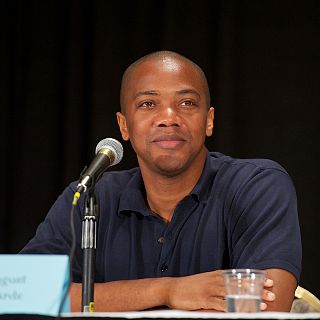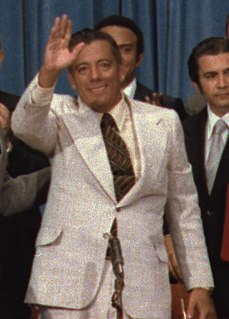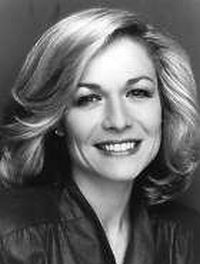A Quote by Dave Barry
The problem was that Panama technically belonged to Colombia, which refused to sign a treaty leasing it to the United States. So Roosevelt sent a gunboat filled with marines down to Panama, just on the off chance that a revolution might suddenly break out, and darned if one didn't, two days later. Not only that, but the leaders of the new nation of Panama-talk about lucky breaks!-were absolutely thrilled to have the United States build a canal there. 'Really, it's our pleasure,' they told the marines, adding, 'Don't shoot.'
Quote Topics
About
Absolutely
Adding
Belonged
Break
Break Out
Breaks
Build
Canal
Chance
Colombia
Days
Down
Filled
Just
Later
Leaders
Lucky
Lucky Breaks
Marines
Might
Nation
New
Off
Only
Our
Out
Panama
Pleasure
Problem
Really
Refused
Revolution
Roosevelt
Sent
Shoot
Sign
States
Suddenly
Talk
Technically
Thrilled
Treaty
Two
Two Days
United
United States
Were
Which
Related Quotes
Between 1831 and 1891, US armed forces - usually the Marines - invaded Mexico, Cuba, the Dominican Republic, Puerto Rico, Panama, Colombia, Nicaragua, Uruguay, Brazil, Haiti, Argentina, and Chile a total of thirty-one times, a fact not many of us are informed about in school. The Marines intermittently occupied Nicaragua form 1909 to 1933, Mexico from 1914 to 1919, and Panama from 1903 to 1914. To 'restore order' the Marines occupied Haiti from 1915 to 1934, killing over two thousand Haitians who resisted 'pacification.'
Panama is a country that's been dealing with issues of identity since its very birth. It was born on Wall Street. It was born out of engineering construction. It was the canal. Because of the canal, the country was born, so the country has been divided into pro-canal and against-canal people for so long.






























